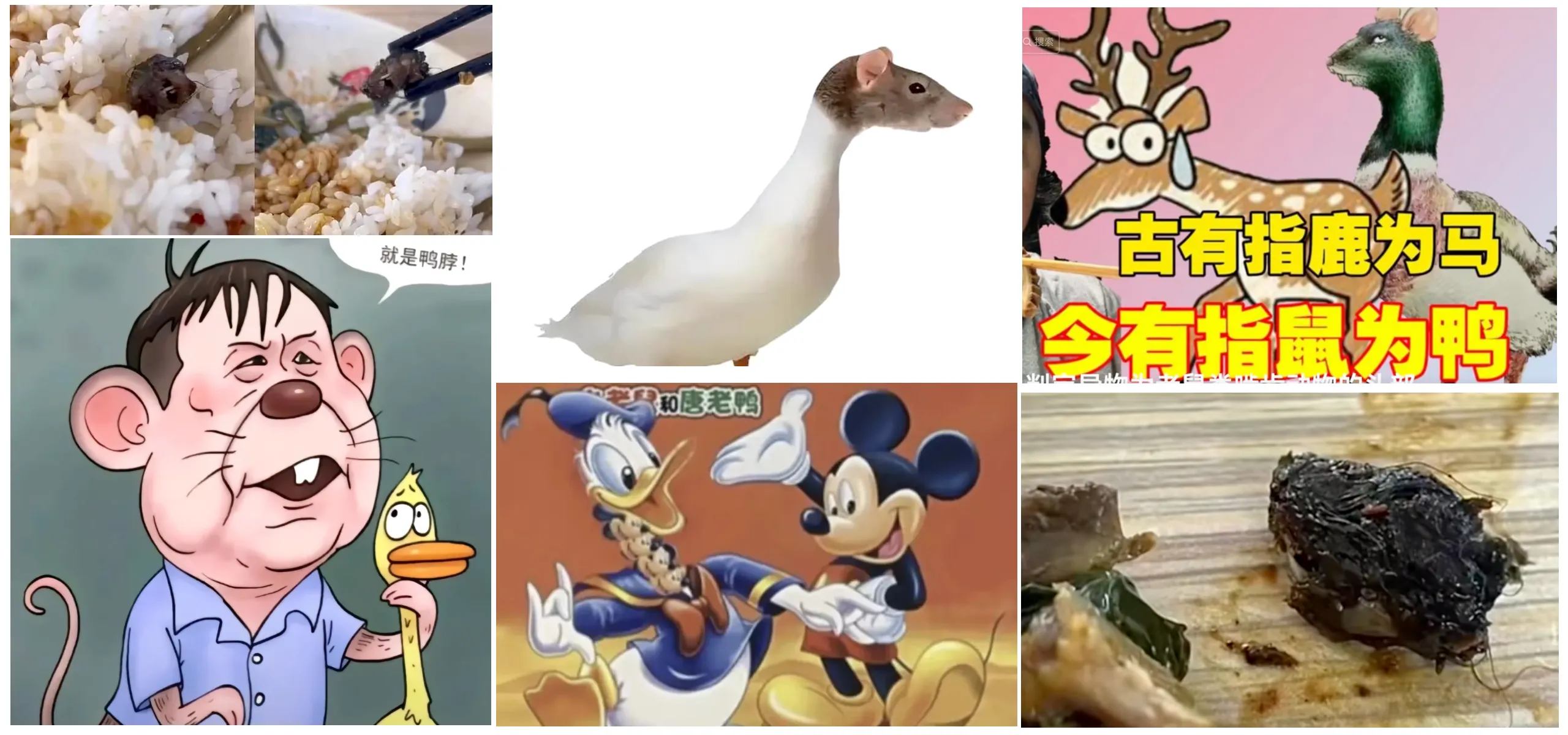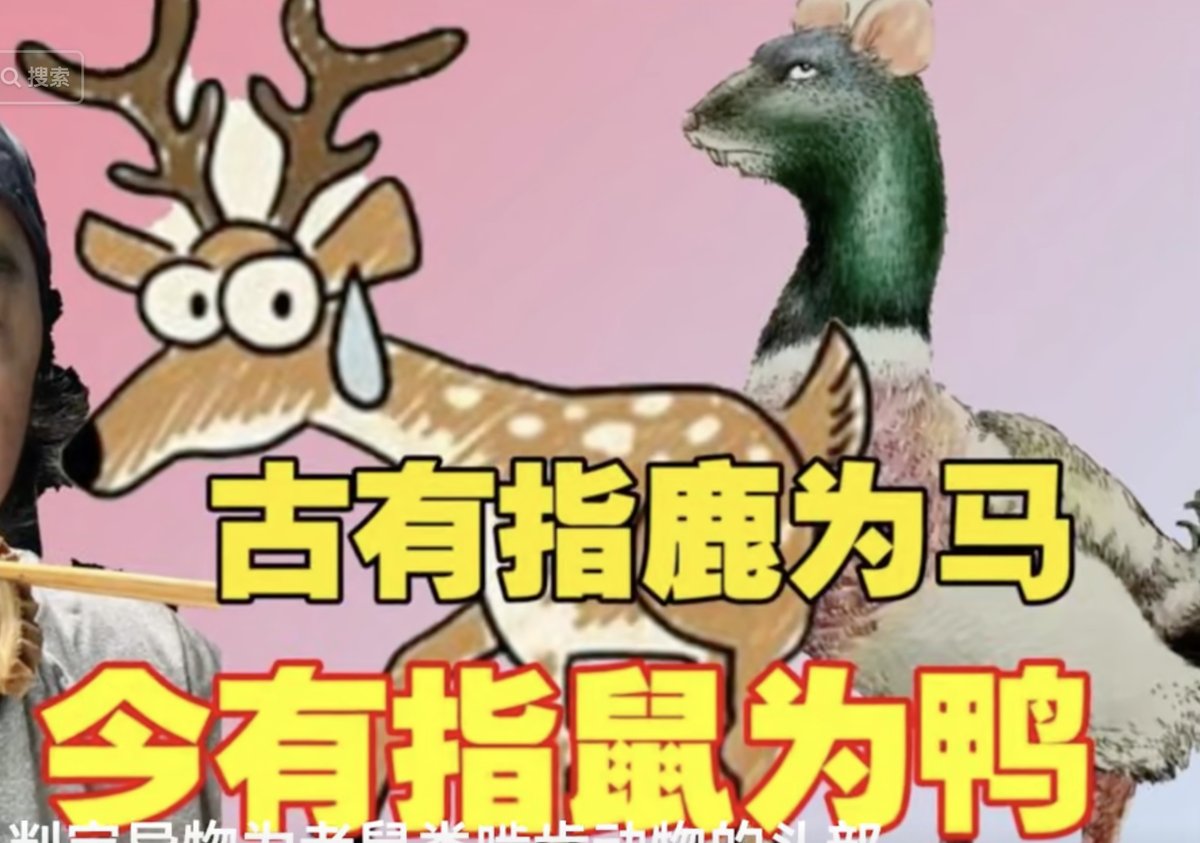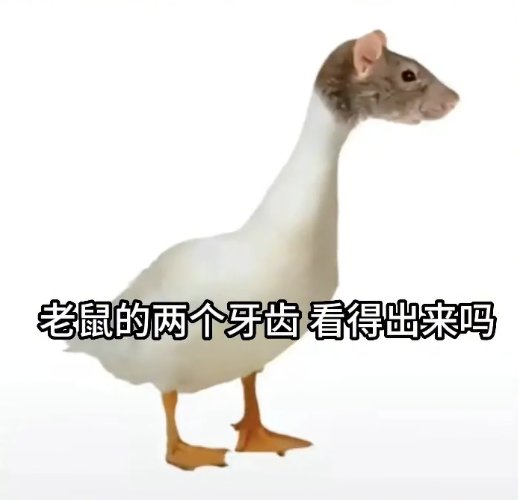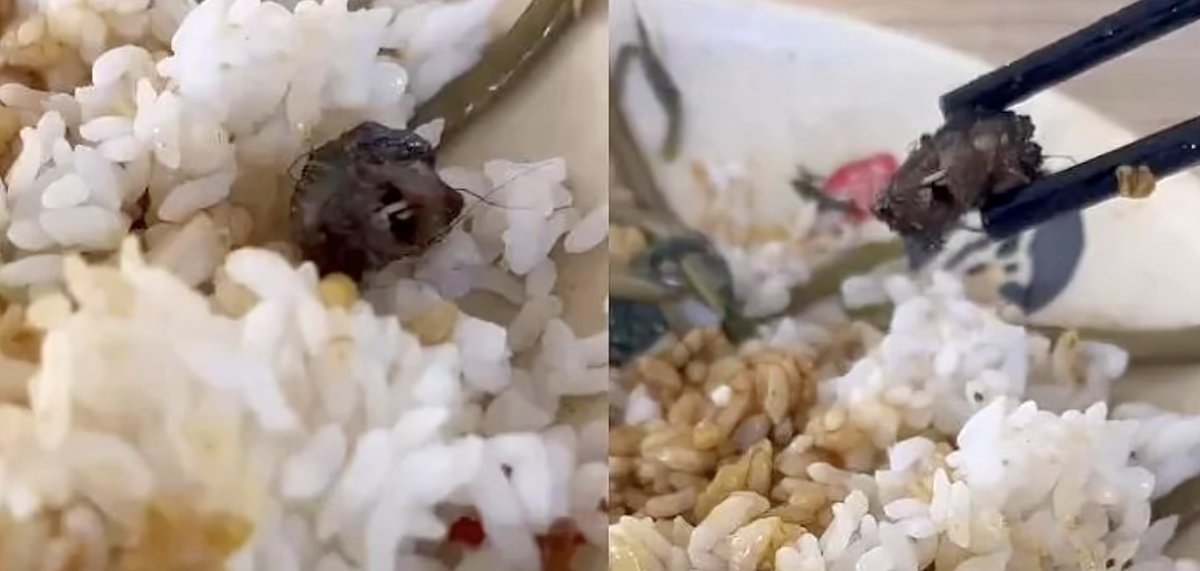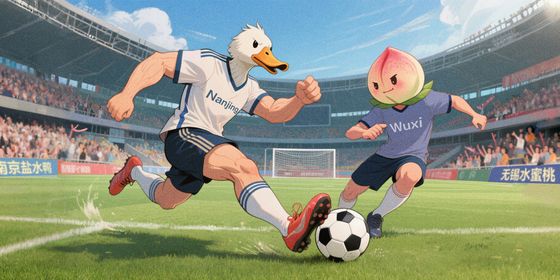How an investigation into contaminated cafeteria food took China’s internet by storm
Content warning: This post contains images that could be distressing to the appetite.
When is a rat not a rat? When it’s a duck neck, according to administrators at Jiangxi Industry Polytechnic College.
After a student there found what appeared to be a rodent’s head in his canteen meal earlier this month, and posted a video of it online, the school and local officials’ responses were defiant: The furry object sporting teeth and whiskers was delicious duck’s neck—a common Chinese snack—and not a gruesome, gnarled, rat head, as practically everyone who saw the video believed.
The incident generated uproar online. Hashtags related to the incident cumulatively garnered billions of views, with netizens ridiculing the ludicrous explanation with memes. They sarcastically christened a new hybrid food, “rat head with duck neck (鼠头鸭脖 shǔtóu yābó),” and posted images (some horrifying, though others strangely cute) of ducks with mouse heads or vice versa.
Netizens accused the school and local authorities of “calling a mouse a duck (指鼠为鸭 zhǐshǔwéiyā),” a play on “calling a deer a horse (指鹿为马 zhǐlùwéimǎ),” a Chinese idiom referring to the deliberate misrepresentation of something. The phrase comes from the story of prime minister Zhao Gao (赵高) of the Qin dynasty (221 – 206 BCE). He obsessed over power, and once tested the loyalty of his subordinates by gesturing to a deer and saying it’s a horse, daring anyone to contradict him.
An article by news outlet Vista posted on June 8 summed up the incident: “If something looks like a rat, smells like a rat, and feels like a rat, this still can’t prove it’s a rat.”
One Weibo comment suggested how the rat head could in fact be a duck neck: “Perhaps the duck ate a rat, and then it choked on a rat head. That’s the only explanation. (就说有没有可能是一只鸭子吃老鼠卡在了喉咙里,然后剁的时候把老鼠头剁出来了?Jiù shuō yǒu méiyǒu kěnéng shì yì zhī yāzi chī lǎoshǔ kǎzàile hóulóng lǐ, ránhòu duò de shíhou bǎ lǎoshǔtóu duò chūláile?).”
Others argued it was possible ducks and rats were natural companions, just like how Donald Duck and Mickey Mouse are “throat-cutting friends (刎颈之交 wěnjǐngzhījiāo),” a phrase which refers to chums who are willing to die for each other. Others began referring to Tom and Jerry, the famous cat and mouse cartoon, as “Tom and Duck Neck (汤姆和鸭脖 Tāngmǔ hé Yābó).”
A few weren’t surprised that rat head could be labeled duck neck, pointing out that starch “sausages” with no meat are also among students’ favorite snacks in China. “This generation of young people already consider starch sausages into ‘peak sausage,’ so who says a furry object can’t be duck neck? (这届年轻人已经把淀粉肠捧成了“肠届顶流,” 谁说有毛的就不能是正宗鸭脖?Zhèjiè niánqīng rén yǐjīng bǎ diànfěncháng pěngchéngle “cháng jiè dǐngliú”, shéi shuō yǒu máo de jiù bùnéng shì zhèngzōng yābó?),” the Vista article added.
The incident is the latest in a long list of food safety scandals in China, many of which have inspired memes. In March last year, a video from a pickled cabbage factory showed workers walking barefoot across the vegetables that were destined for people’s plates, and even throwing cigarette butts into the fermentation vats. Netizens responded by saying the company undertook “foot fermentation (足时发酵 zúshí fājiào),” using the character 足 which can mean both “foot” and “timely.”
Likewise, a series of Douyin (China’s TikTok) videos on cooking hacks from vlogger Liu Song have become popular since last year. He uses additives and shortcuts to make well-known Chinese dishes for his 3.7 million followers, echoing some of the food scandals often in the press, like adding milk powder to give beef soup its white color (which traditionally came from boiling it for hours); or making “bird’s nest soup,” a prized delicacy made from bits of a swallow’s nest, out of gelatin flakes and syrup.
As the rat head scandal continued to roll on, netizens even suggested a new Chinese zodiac animal, with a duck replacing the rat. “I’ve lived for 27 years, but I’ve only just discovered I was born in the Year of the Duck (有人活了27岁,才发现自己居然属鸭 Yǒurén huóle èrshíqī suì, cái fāxiàn zìjǐ jūrán shǔ yā),” one comment went online.
In response to the controversy, Jiangxi’s provincial government launched an investigation into the incident on June 10. By June 18, the team, which included representatives from the bureau of education, public security, and market supervision, announced its findings: It was indeed a rat’s head.
Finally, what everyone knew was now official. Or, as netizens grandly put it, “The unjust treatment of the mouse has been redressed, and the duck can rest in peace (鼠鼠沉冤得雪,鸭鸭含笑九泉Shǔ shǔ chényuān déxuě, yā yā hánxiàojiǔquán).”





